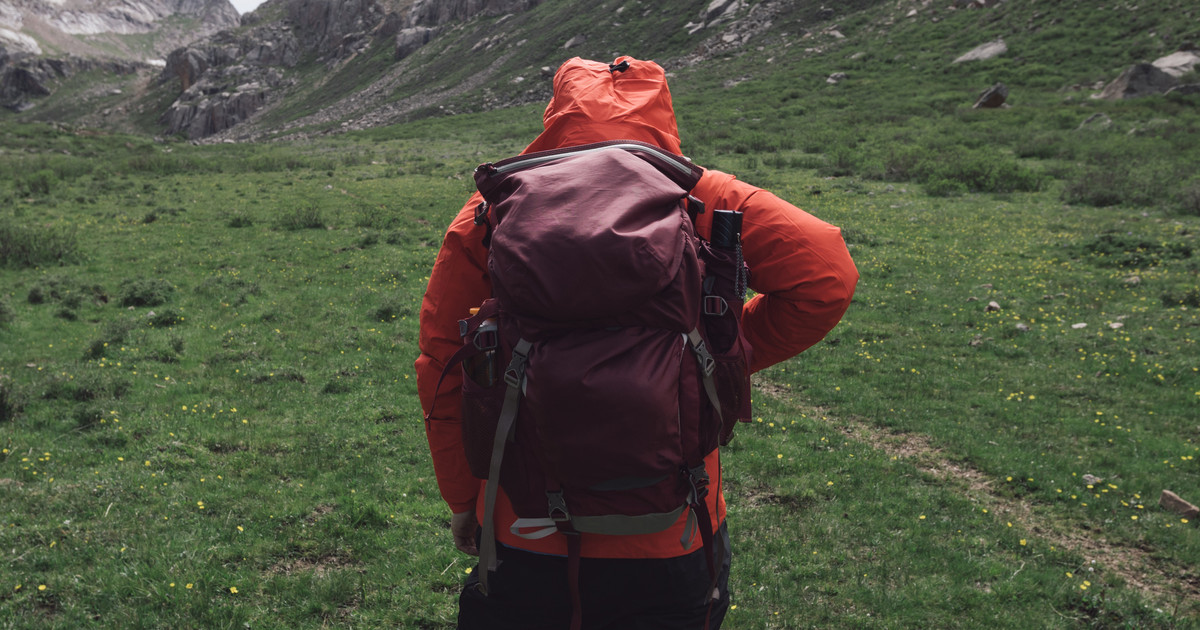How To Prevent And Treat Altitude Sickness
Altitude sickness, also sometimes referred to as mountain sickness, is caused by the drop in barometric pressure associated with high altitudes. It is not usually an issue for individuals who live at higher elevations, such as those in Peru, as their bodies adapt to the climate over time. But for those who are not accustomed to high altitudes, it can be debilitating. Symptoms of altitude sickness include trouble sleeping, nausea, vomiting, shortness of breath, loss of appetite, blue or pale skin, chest tightness, rapid heart rate, and headache. If left untreated, altitude sickness can even lead to life-threatening pulmonary or cerebral edema.
This article discusses a number of different prevention methods and treatment options to help individuals avoid or recover from altitude sickness.
Take Time To Acclimatize

To prevent altitude sickness, doctors advise patients to take time to acclimatize themselves to higher elevations. Altitude sickness is particularly common in hikers and skiers, and it occurs when patients climb to a higher elevation in a very short period. High-altitude areas have lower air pressure and lower oxygen levels than areas at lower elevations. When patients arrive at high elevations too quickly, the body does not have enough time to adjust to the reduced air pressure and oxygen at the new location. To compensate for the changes in air pressure and oxygen, the patient's breathing rate will naturally become faster in an attempt to increase blood oxygen levels. However, blood oxygen levels do not return to what they would be at lower elevations, and the body needs time to adjust to functioning with reduced oxygen. Most doctors suggest allowing a minimum of ten to fourteen days to adjust to high altitudes, and many patients need twenty days or more to fully adjust.
Get more information on treating and preventing altitude sickness now.
No Alcohol Consumption

To prevent altitude sickness, patients are encouraged to avoid alcohol consumption. Alcohol can contribute to dehydration, and patients who are dehydrated may take longer to acclimatize to higher elevations. Patients should avoid wine, beer, and other alcoholic beverages. In addition to avoiding alcohol consumption, it is recommended that individuals who are visiting high-altitude areas try to drink at least three to four quarts of water each day. Sleeping pills, barbiturates, and tobacco should be avoided as well. If the patient has consumed alcohol at a high elevation, they should try to offset this by drinking water and by eating a diet that is at least seventy percent carbohydrates. The patient should also be aware of the potential symptoms of altitude sickness and understand most symptoms normally begin within twelve to twenty-four hours of arriving in a high-altitude area. Patients who notice sleep problems, low energy, shortness of breath, fatigue, and dizziness should consider being evaluated by a physician. This is particularly necessary if the symptoms continue for more than three days.
Learn more about preventing and treating altitude sickness now.
